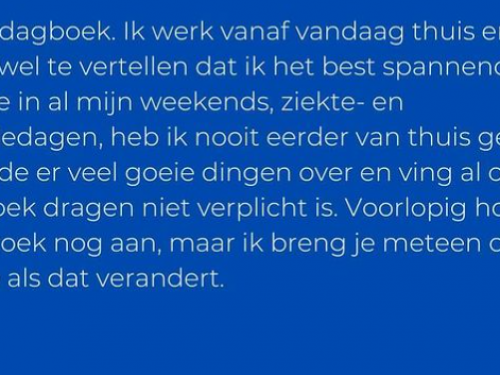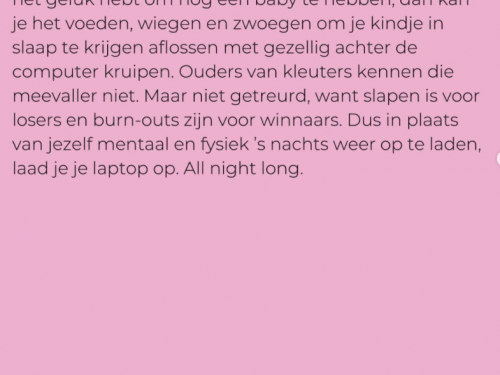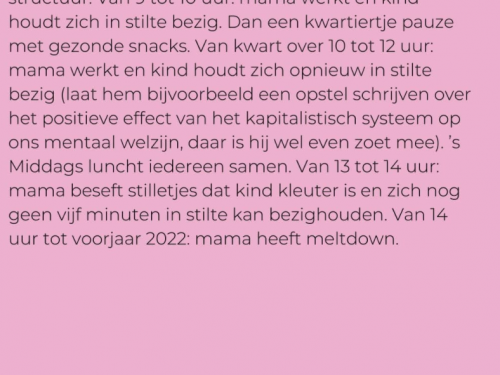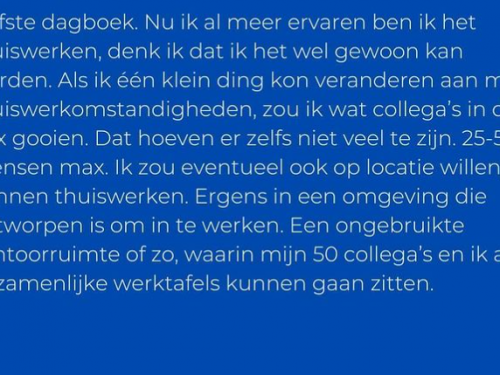Sofie as a work-from-home mom
"As long as the nursery and school were still open, it was all right, but when they closed, it was sometimes 'le bordel'. I was happy when the youngest's afternoon nap and a Meet coincided, but when she woke up too early, I was sitting there with my daughter on my lap. Not really how I like to present myself professionally. I have resolved to make use of those Corona parental leave days next time. Sometimes we took it too far trying to cope at the time."
Sofie says several things here: that it was an intricate puzzle to make the best of it and that she and her partner did so. That she wanted above all to continue to function professionally. That she takes into account that this kind of situation could happen again in the more or less near future. That the balance between work and family sometimes tipped the other way for her. Fortunately, there are still solutions for her family.
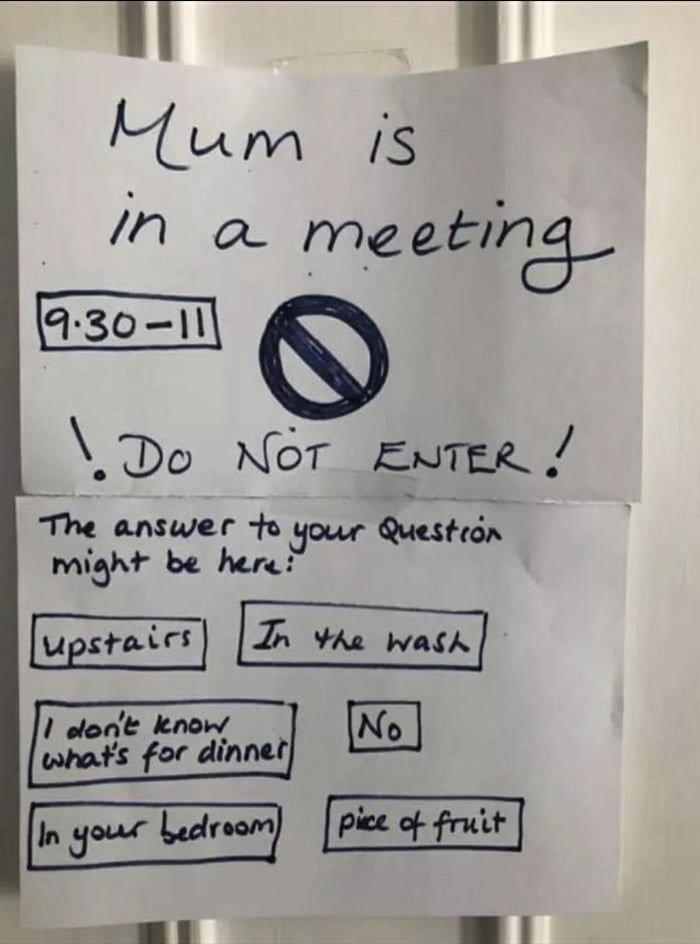
Sofie in HR function
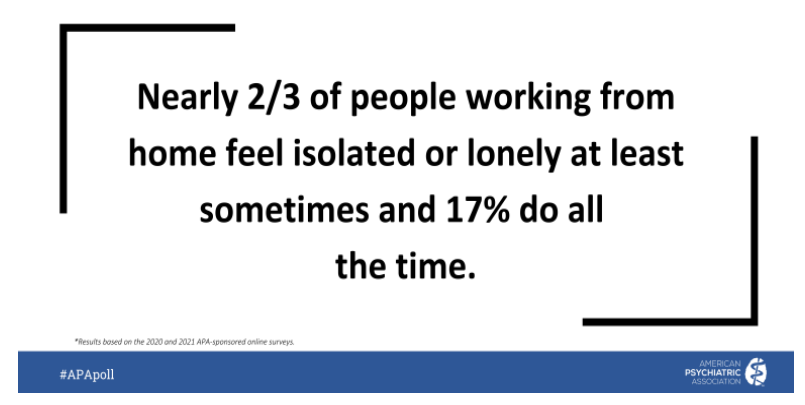
An, as an HR manager and privately
Whereas in the first welfare survey of the Flemish government the majority of its employees still saw sufficient positive aspects to working from home, the third survey shows changed figures.
Of the more than 6,000 people questioned, almost 10% less than before now indicate that they are doing well. Also, the number of people who are able to balance work and private life well has decreased by 10%, whereas their score on the same question in September was still considerably more positive. At the same time, the percentage looking forward to being at work more often has increased by 12%.
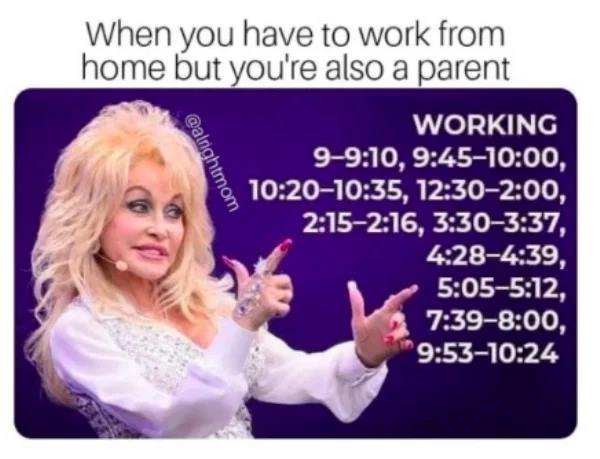

Facing yourself
![603dc0f62b548e6a8388985c_zoom-fatigue-1200x628[1].png](https://www.blogix.be/storage/public/43/606/hSNr5TnNohkmPJpguDouG6y2jll4IEL9V6fb3jB0.png)
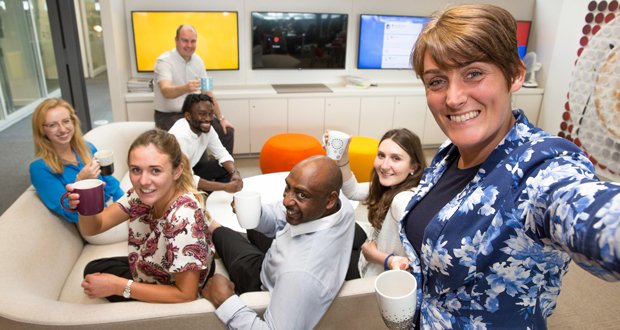
No room for an office chair
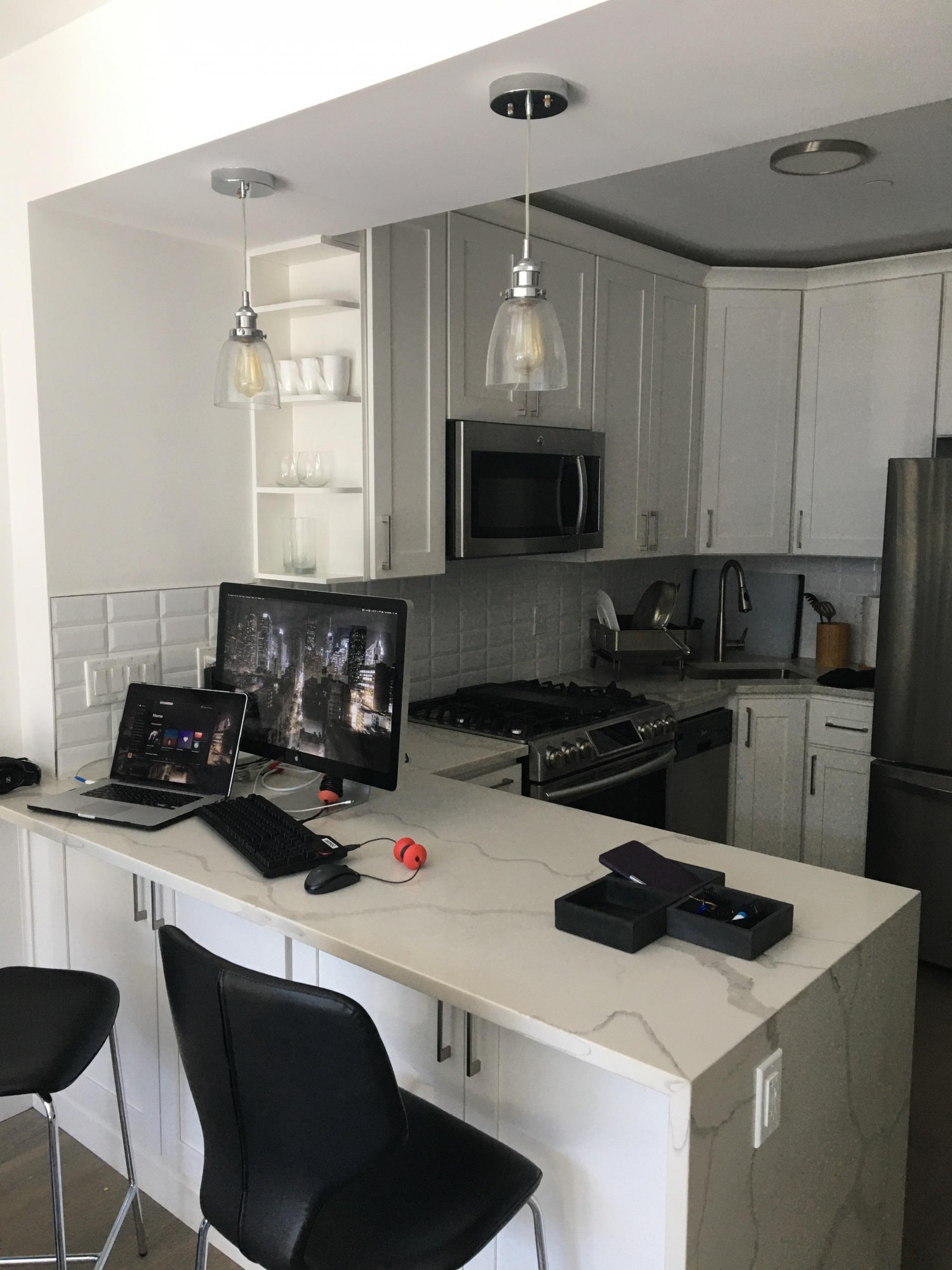
Do you see your employees?
Do you see the family man or woman for whom the work-life balance is sometimes almost non-existent when working from home? Do you see for whom there is no longer a switch off because of the lack of fixed working hours? Do you know who can be reached "at all hours"?
The government's "Get a grip on yourself" campaign, which can be heard in radio commercials this week, is already focusing on this, both on a personal level and for entrepreneurs who want to help their employees maintain their bearing.
Do you know in which families sitting at home without entertainment has led to a flood of domestic problems because frustration, depression and anxiety have taken over? Do you see where this has led to violence and who therefore needs urgent help?



